 BBC
BBCA dad-of-two wants a bus operator to reconsider its charges for a popular school…
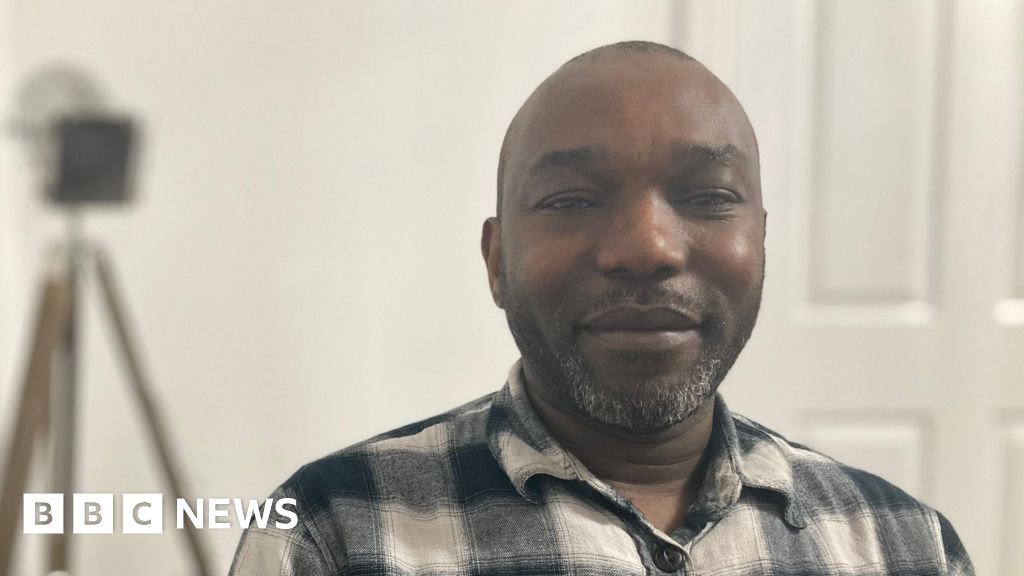
 BBC
BBCA dad-of-two wants a bus operator to reconsider its charges for a popular school…
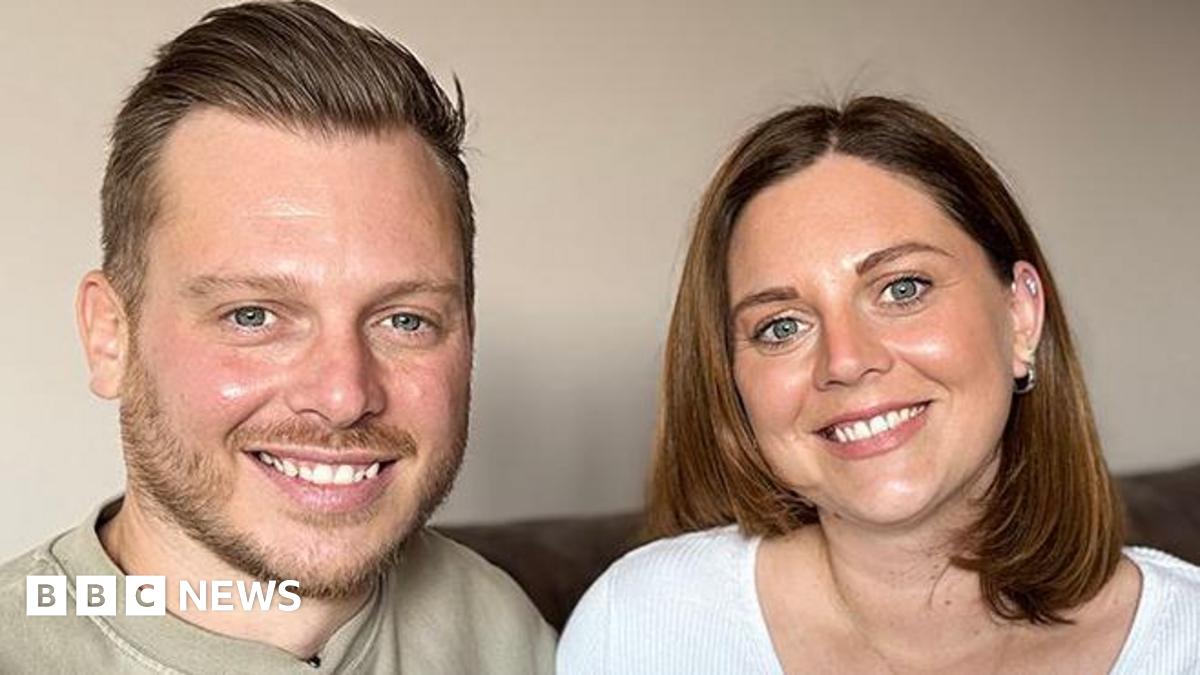
After the first transplant, Mr Buttley, now 41, returned to his job as a bank manager and felt well for a long time.
Then, last year, the transplant began to fail. He developed sepsis and ended up in intensive care, in urgent need of another…
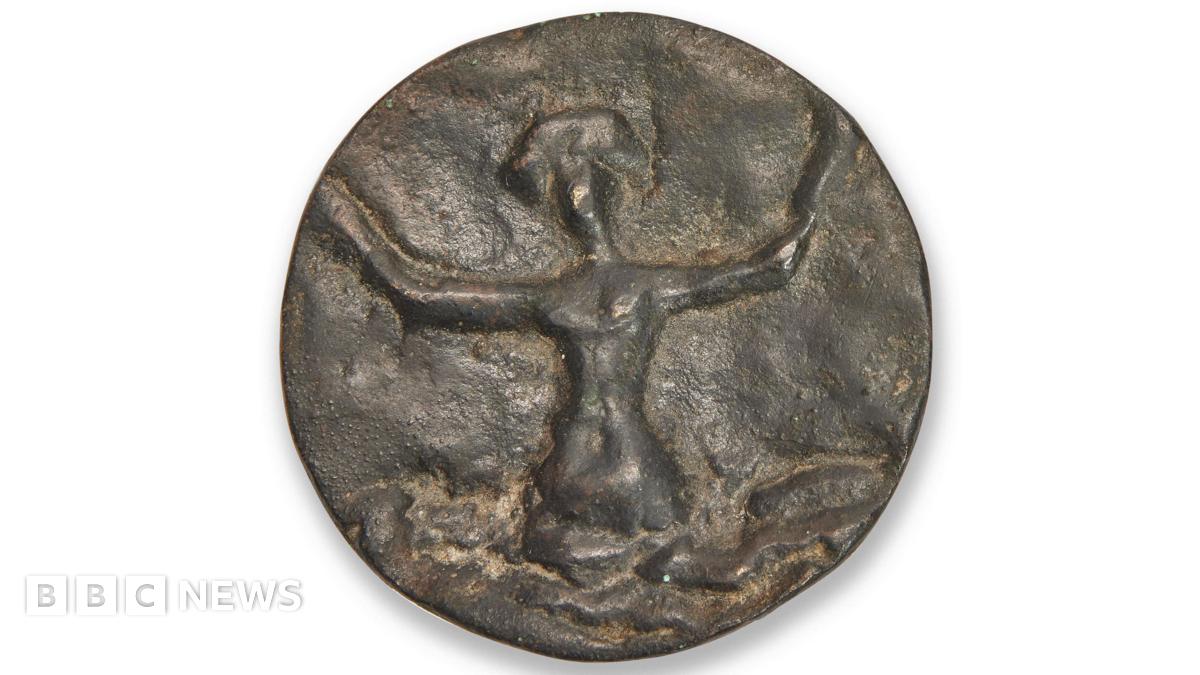
After meeting with Bonhams auctioneers, the Alberto Giacometti committee said they were genuine and offered to clean the buttons to prepare them for auction.
Mr Quittenton-Shaw told the BBC he could not attend the auction on 16 December in person…
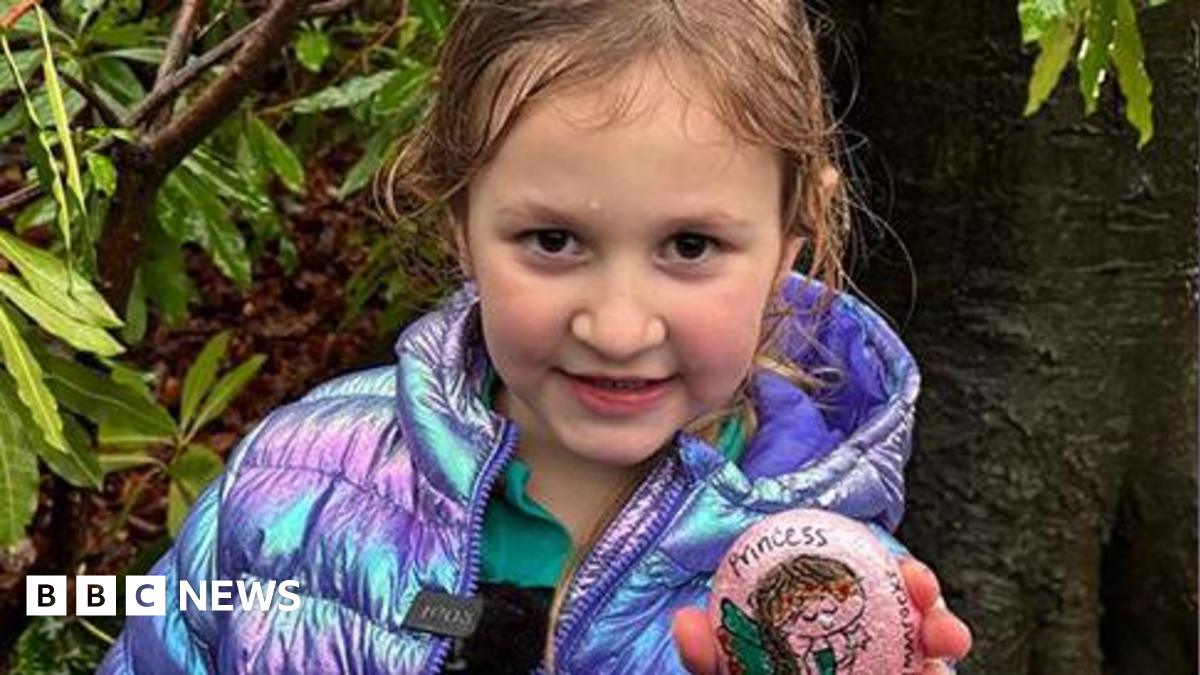
Hundreds of “fairy rocks” hidden in the woods are said to be bringing an extra sprinkle of magic to Christmas in Cheshire.
Helen Nelson and Tracy Wilkinson are a part of the Lymm Rocks group which started hiding “fairy rocks” before Christmas…

 PA Media
PA MediaThe number of penalty fares issued on the Docklands Light Railway (DLR) is set to double this year, newly released figures show.
A total of 4,472 DLR penalty fares…

Julius Caesar was written in 1599 and is believed to be one of the first plays to be performed in the Globe Theatre in London.
The monologue to be beamed into space was recorded by actor Ian Currie, who will play the lead role in the adaptation of…

The number of penalty fares issued on the Docklands Light Railway (DLR) is set to double this year, newly released figures show.
A total of 4,472 DLR penalty fares were handed out between April and 26 November, compared with 2,571 in the year to…
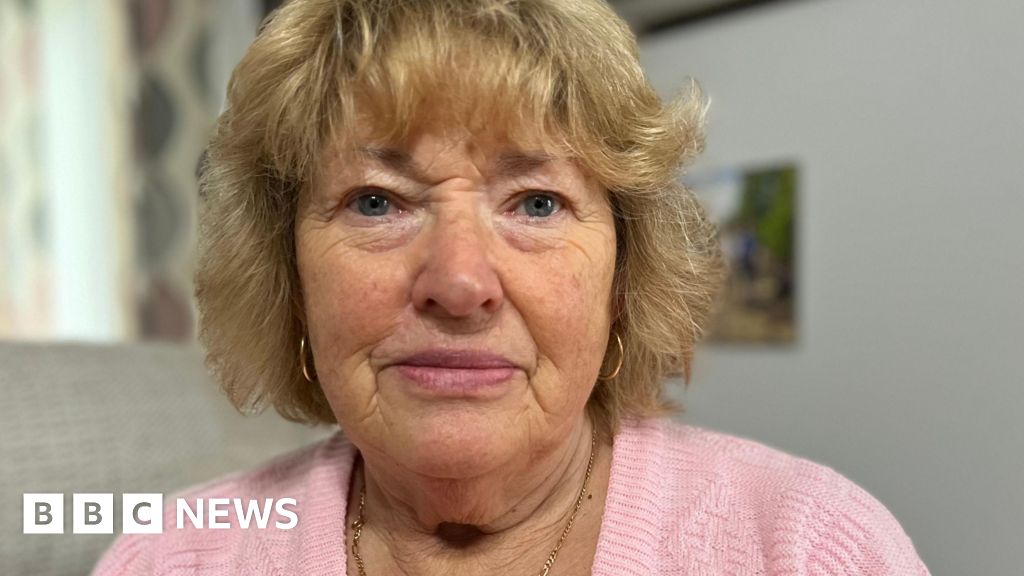
Amy Gladwell and Charlotte CoxBBC South West Investigations
 BBC
BBCWhen Joyce Gifford found out her name had been removed from her house deeds after it was transferred to…
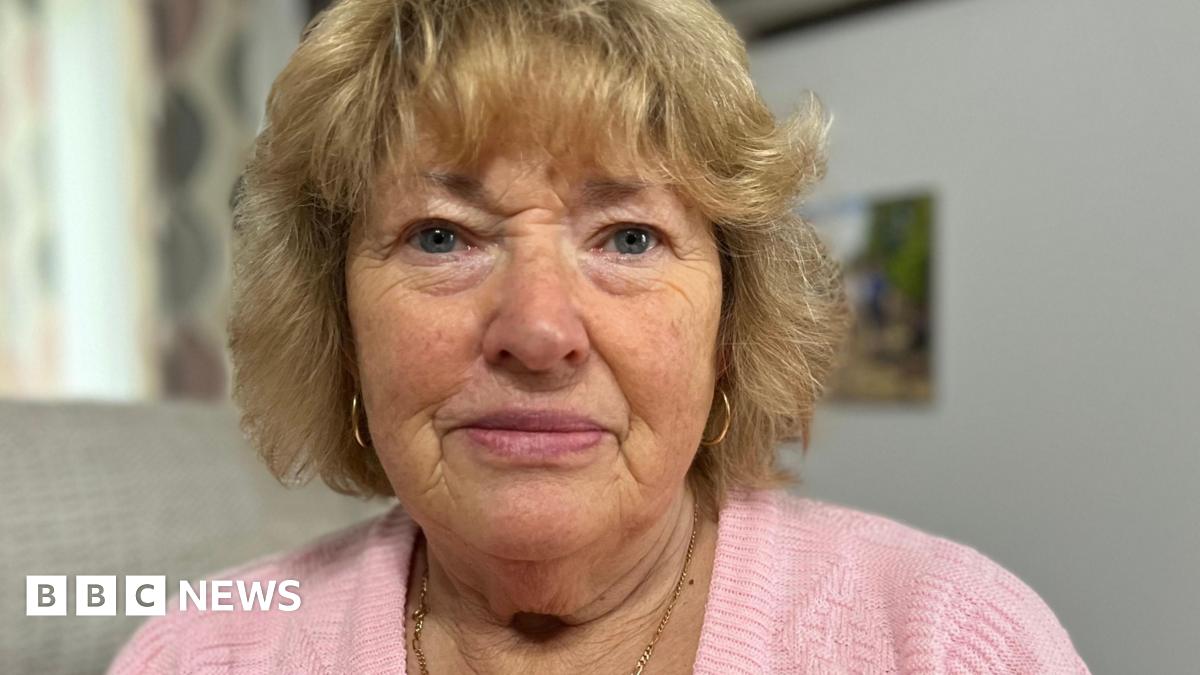
Trusts are sometimes used by people as a way of managing assets like money and property, and some people set them up in the hope that it will protect them from having to sell their home to pay for care fees.
However this can be seen by local…
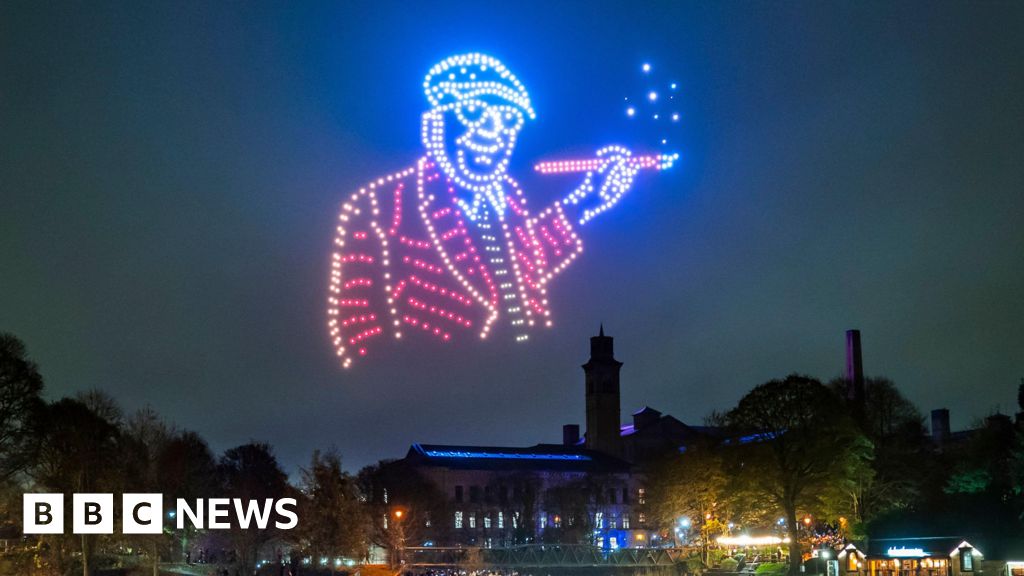
 PA
PAAs Bradford ends its UK City of Culture tenure, it is estimated the year-long celebration cost around £51m and generated audiences of three million people.
Continue Reading